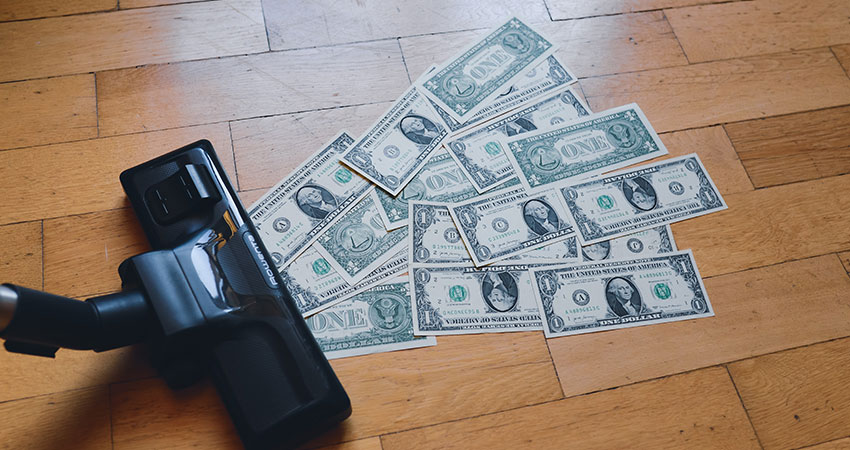James Carville famously told Clinton campaign workers in 1992, “It’s the economy, stupid,” and that mantra dominated again 30 years later, as high inflation and recession fears dogged the retail industry this year, leading to massive discounting to drive sales, often at the expense of profits.
This led to all kinds of consequences, from Amazon pulling back on its massive facility buildout and laying off tens of thousands, to consumer confidence taking a prolonged hit, to rapid growth in premium loyalty programs as a value exchange.
Indicators of the impact of inflation on consumers and retail were everywhere. In a September survey on consumer sentiment from fintech Wildfire Systems, in partnership with research firm Big Village, 90% said they were more interested in receiving discounts, using coupons and earning cash back rewards due to high prices.
Adobe reported that ecommerce prices rose 2.7% in January, which set the tone for the rest of the year. Walmart CEO Doug McMillon did report earlier this month that prices in key holiday categories like toys, sporting goods and apparel had eased somewhat just in time. But the government’s inflation rate never dipped below 7% during 2022, hitting a high of 9.1% in June.
The inflationary environment also led to a rapid rise in popularity for buy now, pay later (BNPL) plans, as retailers spurred flagging sales by offering consumers ways to finance all kinds of purchases. A June survey from Adobe found 43% of American consumers wanted to see a BNPL option at checkout. In similar fashion, Amazon relaunched and expanded its discounted Prime Access program this fall.
One way CPG and grocery brands addressed the double hit of increased costs and a drop in spending was to step up shrinkflation, reducing the size and volume of products more than usual, hoping consumers wouldn’t notice; they did.
Many retailers throughout the year posted earnings and revenue figures that slumped from 2021, when the industry experienced healthy growth fueled by government-funded COVID relief spending. In call after call, bellwethers like Walmart, Amazon, Target and Best Buy, among many others, told analysts of the negative impact of inflation on quarterly results.
In a telling finding, shoppers reported that fear of inflation eating away at their income had outpaced concern over infection from the COVID virus, based on a May trend report from 84.51˚, the consumer data and analytics arm of Kroger.
Both Alibaba’s Singles Day in November and Amazon’s Prime Day in July underwhelmed compared to past years, as even major shopping events failed to create significant traction this year. Analysts everywhere were lowering expectations for this year’s peak season. Cyber Weekend, the official start of a holiday shopping period that actually starts in October, did manage to gain 5.8% from the first-ever down year of 2021, Adobe reported, but again it was on the back of steep discounting.

